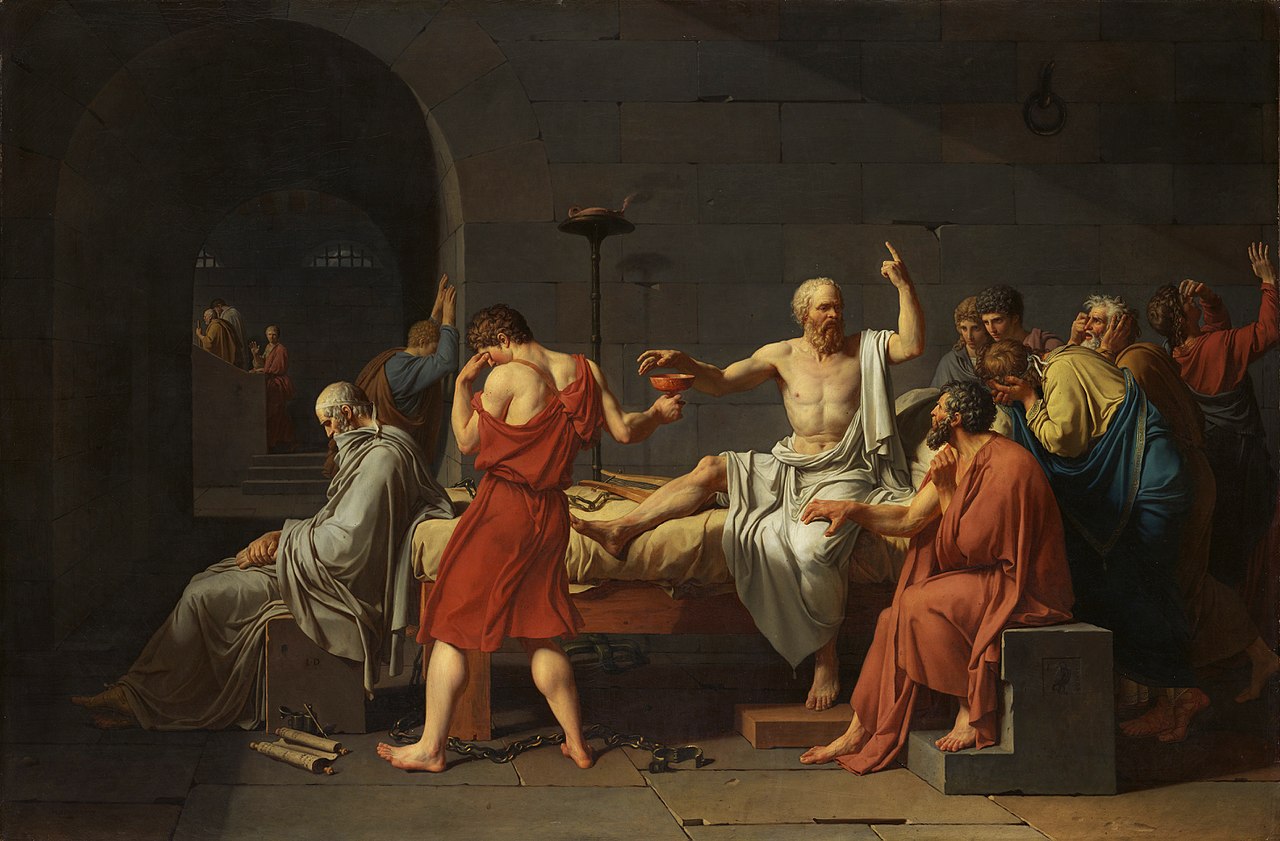The case for a Marxist intersectionality: Class reductionism, chauvinism, and a critique of David Faes on transgender liberation
IN A RECENT ARTICLE on the transgender liberation movement, David Faes mobilizes a critique of the electoral strategies of the homo/transnormative political struggle. Faes’s critique reprimands the methods of LGBTQ+ activists on the Left for pursuing social change through “existing civic institutions and the Democratic Party.”1 He claims that the effect of such a strategy is ultimately “the political miseducation of the youth they aim to enlist to such a cause.
[Read More]

